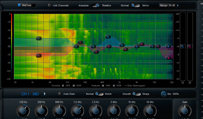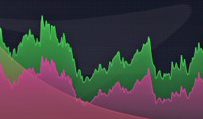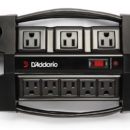Origins of the World’s Most Popular Music Gear Website: After launching his career as a recording engineer and producer, David Kalt’s embrace of software development led him to successful technology ventures in the travel and financial industries. In 2010, he bought the Chicago Music Exchange, a popular musical instrument shop and premier authority on vintage, new and used musical equipment. Growing frustrated with buying and selling guitars via general online platforms like eBay, he launched Reverb.com in 2013 as a marketplace to better facilitate the buying, selling and learning about music gear. It has since grown into the world’s most popular music gear website, with more than eight million monthly website visits. High-profile investors include Rick Nielsen, Brad Paisley and David Lowery. Nielsen, Wilco’s Jeff Tweedy and Ray LaMontagne join garage band members and bedroom producers in using the site to sell old gear and discover new equipment.
Emphasis on the Valuing of Instruments: At any given time, Reverb.com has roughly half a million listings ranging from electric, acoustic and bass guitars to effects, studio gear, synthesizers, drums, DJ equipment and orchestra instruments, including all woodwinds. The site has more than 115,000 sellers, including retailers and dealers of all sizes, individuals and brands who sell direct. Other notable stats: eight million monthly visitors, a million registered users and more than 130 employees in six countries and four continents. In 2016, a total of $240 million was exchanged on the platform. One of the key parts of Kalt’s deeper vision is changing the way that musicians value instruments via Reverb.com’s comprehensive Price Guide and content about how instruments work and sound. “We’re making it so that sellers can get top dollar for their instruments and pay a fair price for their next usage,” Kalt says.
Low Fees and Transparency: In addition to an expansive selection and liquidity, Kalt believes that the exponential growth of Reverb.com is rooted in the low transaction fees they charge and the transparency of its pricing. Reverb charges a straightforward 3.5 percent commission to the seller and 2.5 percent for credit card processing, making the platform’s fees among the lowest of any online marketplace.
For more information, visit reverb.com.














